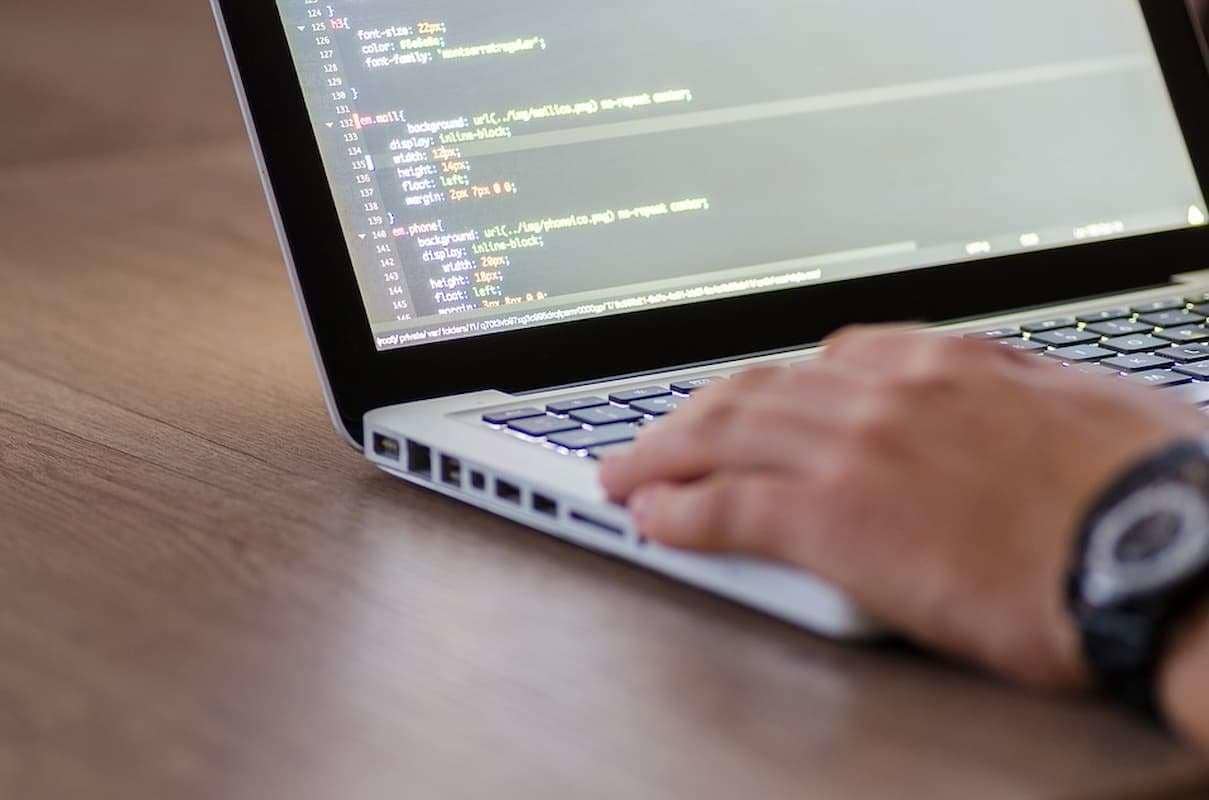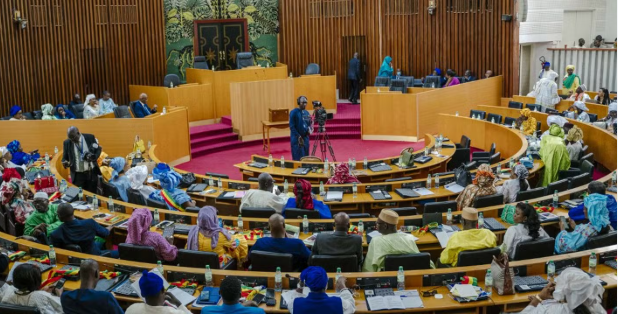Content
A market maker in AAPL must therefore buy these options to fulfill their duty as a liquidity provider. In this article, we will explore the function of market makers, and how they contribute to the smooth running of our capital markets. By supporting active and liquid capital markets, market makers help governments and economies to grow and flourish.

When the market maker runs out of units , they simply repeat the process, beginning with purchasing and delivering additional securities. There are no revolutionary features for Apple’s mainstay products and traders lose interest in the story. Now there’s a rush to sell Apple shares, with few people willing to buy. The market maker is a steady buyer of Apple shares at declining prices as traders move to unload their positions. In this way, the market maker refills their inventory of Apple shares which had previously been sold in the morning. Consider a situation where a market maker in stock alpha can provide a quote for $5-$5.50, 100×200.
Markets
Brokerage houses are the most common types of market makers, providing purchase and sale solutions for investors. Brokersact as intermediaries by facilitating trade orders from both buyers and sellers by bringing together assets. So what percentage of https://xcritical.com/ volume do these two firms take from the stock and options markets? To mitigate this risk, a market maker keeps an inventory of either long or short stock. Market makers make money from the “spread” by buying the bid price and selling the ask price.
If a single market maker were to cover all of those trades and make $0.05 off each one, they’d earn more than $300,000 every day. That’s in stark contrast to less popular securities, where there are far fewer market makers. In low-capitalization low-volume companies with scarce market-making capacity, bid/ask spreads can run a dollar a share or even higher, leading to significant transaction costs for retail traders. In addition to being a buyer or seller of last resort, market makers also keep the spread between the bid and ask low.
What It Means for Individual Investors
On any exchange-traded market, the “bid” is the highest price a buyer is willing to pay, and the “ask” or “offer” price is the lowest price at which a seller is willing to sell, at any given point in time. The difference between the two is called the “bid and ask spread.” When the spread is too wide, liquidity is low and volatility is high. Market makers work to ensure spreads remain tight by posting the best prices on both the bid and ask and constantly replenishing those prices throughout the day. Using a dynamic automated market maker model, Sigmadex leverages Chainlink Price Feeds and implied volatility to help dynamically distribute liquidity along the price curve. By incorporating multiple dynamic variables into its algorithm, it can create a more robust market maker that adapts to changing market conditions. Market makers become one by participating in the market and by earning through the spread between the bid and offer price of the securities.
- Market makers earn money on the bid-ask spread because they transact so much volume.
- These can range from large banks or broker-dealers making markets in thousands of securities to individuals or niche firms that concentrate in market making just a few different stocks.
- Over the past two decades, we have slowly moved toward a more automated financial system.
- In low-capitalization low-volume companies with scarce market-making capacity, bid/ask spreads can run a dollar a share or even higher, leading to significant transaction costs for retail traders.
- The difference between the ask and bid price is only $0.05, but the average daily trading volume for XYZ might be more than 6 million shares.
- I/we have no stock, option or similar derivative position in any of the companies mentioned, and no plans to initiate any such positions within the next 72 hours.
The market-making individuals make the market, and their absence might break or lead to the market’s collapse. Thus, they play a significant role in increasing the efficiency of the financial marketplace. Without market what is market maker in crypto makers, far fewer trades would happen, and companies would have more limited access to capital. Market makers help ensure that markets function reliably, and remain resilient even during times of market turbulence.
Market Makers Explained
A single option contract represents 100 shares of an underlying stock. With calls, you can buy the stock at the strike price of the option; with puts, you can sell the stock at the strike price. Of course, market making is no charity – the difference between the bid and the ask is called the spread, and this spread is how market makers make money. The function of a market maker is to provide liquidity for the markets.
Specifically, they can provide non-standard settlement dates and provide multi-currency settlements. Market makers should be able to maintain a continuous presence and respond quickly to market conditions. As soon as an asset is bought or sold, someone must be on the other end of the transaction to ensure it goes smoothly.
Market makers are employed to ensure sufficient liquidity and efficient trading on financial markets.
Market makers have always been one of the most important parts of any financial market, although we usually do not think about the importance of their liquidity function. These participants must maintain fair prices for different assets at any time and ensure that demand is covered. Otherwise, it would be impossible to trade large volumes without long delays when large-volume orders are executed. Market makers are individuals or firms that act as buyers for those interested in selling shares and sellers for interested share buyers. As these market participants maintain a good balance in the financial market, they tend to be the best source for keeping the market active and liquid. On the London Stock Exchange there are official market makers for many securities.
Please ensure you understand how this product works and whether you can afford to take the high risk of losing money. The critical information that market makers have is the data of the orders received from clients. Essential parameters such as values of Stop Loss and Take Profit orders, as well as values of pending orders. This information lets the Forex market maker know where the most significant number of orders are accumulated. And this, in turn, allows the market maker to manipulate the price . Moreover, rather than focusing on a few assets, a market maker needs to provide its clients with a wide selection of instruments.
Market maker
Our focus in this paper is on both the theoretical and numerical behavior of asset prices resulting from the interaction of heterogeneous investors under a market-maker price-setting mechanism. Brokers do not reflect market demand and supply as they do not set prices. There could be several such events in which the market makers would be needed to react promptly so as to be able to gain out of them. With automation rendering market making easy, order books have become thick. Execution prices for even big orders are close to a fair price, impact cost & volatility is thus lower.
Our Impact
For example, a market maker can still make deals with relatively high turnover even in a calm and stable market. It provides a platform for sellers and buyers to interact and trade at a price determined by market forces. Without market makers, however, trading would slow down significantly. It would take considerably longer for buyers and sellers to be matched with one another. This would reduce liquidity, making it more difficult for you to enter or exit positions and adding to the costs and risks of trading. The difference between the ask and bid price is only $0.05, but the average daily trading volume for XYZ might be more than 6 million shares.


